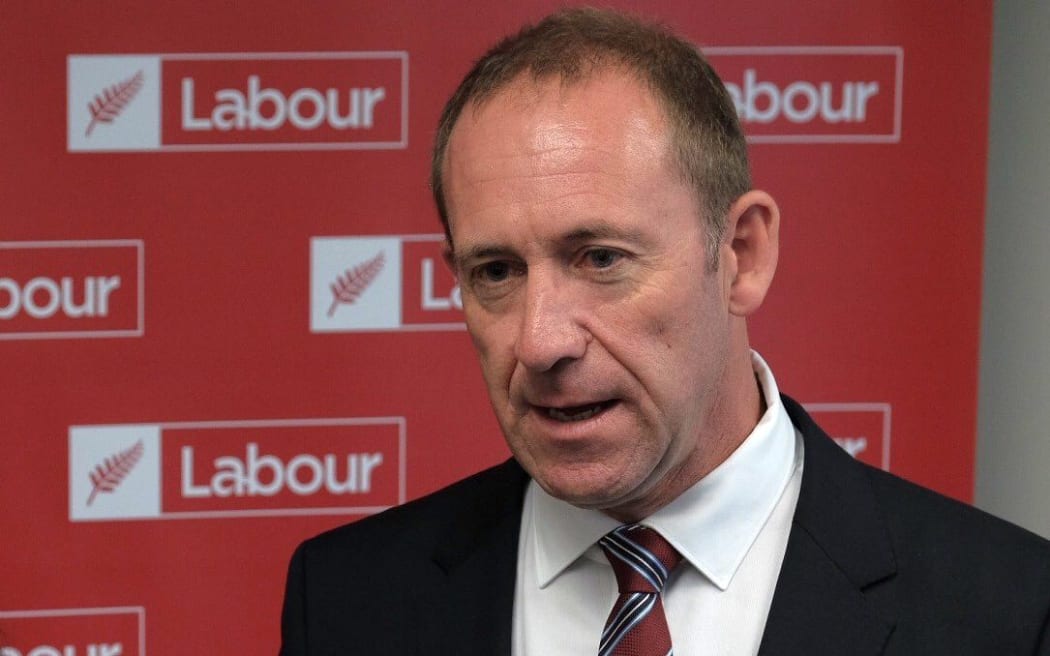Employers are unhappy with Labour's new workplace policy, calling it rigid and old-fashioned.

Andrew Little said Labour's policy would boost wages. Photo: RNZ / Brad White
Labour's Fair Pay Agreement would allow different sectors to negotiate their own minimum pay and working conditions that would apply across the industry - rather than individual companies being able to negotiate with their workforce.
Labour leader Andrew Little said as a result, wages would be boosted and there would be a more productive economy.
"It is going to take a bit of effort to work out the mechanics of it.
"We know that there's some industries where the employers are complaining that they are being undermined and undercut by competitors who just want to compete on that basis, rather than quality of service and quality of product."
In the 1970s and 1980s the country operated under a similar policy called the National Awards System.
Employers and Manufacturers Association chief executive Kim Campbell said a cookie-cutter approach didn't work then, and it won't work now.
"It tried to treat all workplaces in an industry at the same, [but] some businesses and organisations are better organised and better able to pay more or less depending on their circumstances.
"To get one size to fit all has always created disruption and harmony."
Business New Zealand chief executive Kirk Hope said New Zealand got rid of National Awards in 1990 because they sparked major strikes in the 1970s and 80s that critically damaged the economy.
"It increased unemployment, it made industries much less flexible in the way they pay employees, and it's no way to achieve productivity gains that we need to achieve in New Zealand."
Unions such as E Tū, the Public Service Association, Council of Trade Unions and FIRST Union support the new workplace policy, saying it would benefit working people.
Wellington Tramways Union secretary Kevin O'Sullivan said its workers were facing pay cuts after bus services were tendered to another company and Labour's fair pay agreement policy would stop that.
"There'd be a level of protection so that new people coming in, whether a business or sold or tenders are let, the existing employees would have some protection."
Labour's policy would allow free recourse for workers who felt they had been unjustly dismissed within the 90-day trial period.
Mr Campbell said there was already enough protection.
"If you've got somebody on a 90-day trial you can't just say 'go now'. You have to have a fair reason.
"You're going to introduce yet another little court that arbitrarily decides whether something is right or wrong? Really?"
Labour has also pledged to boost the minimum wage from $15.75 an hour to $16.50.





